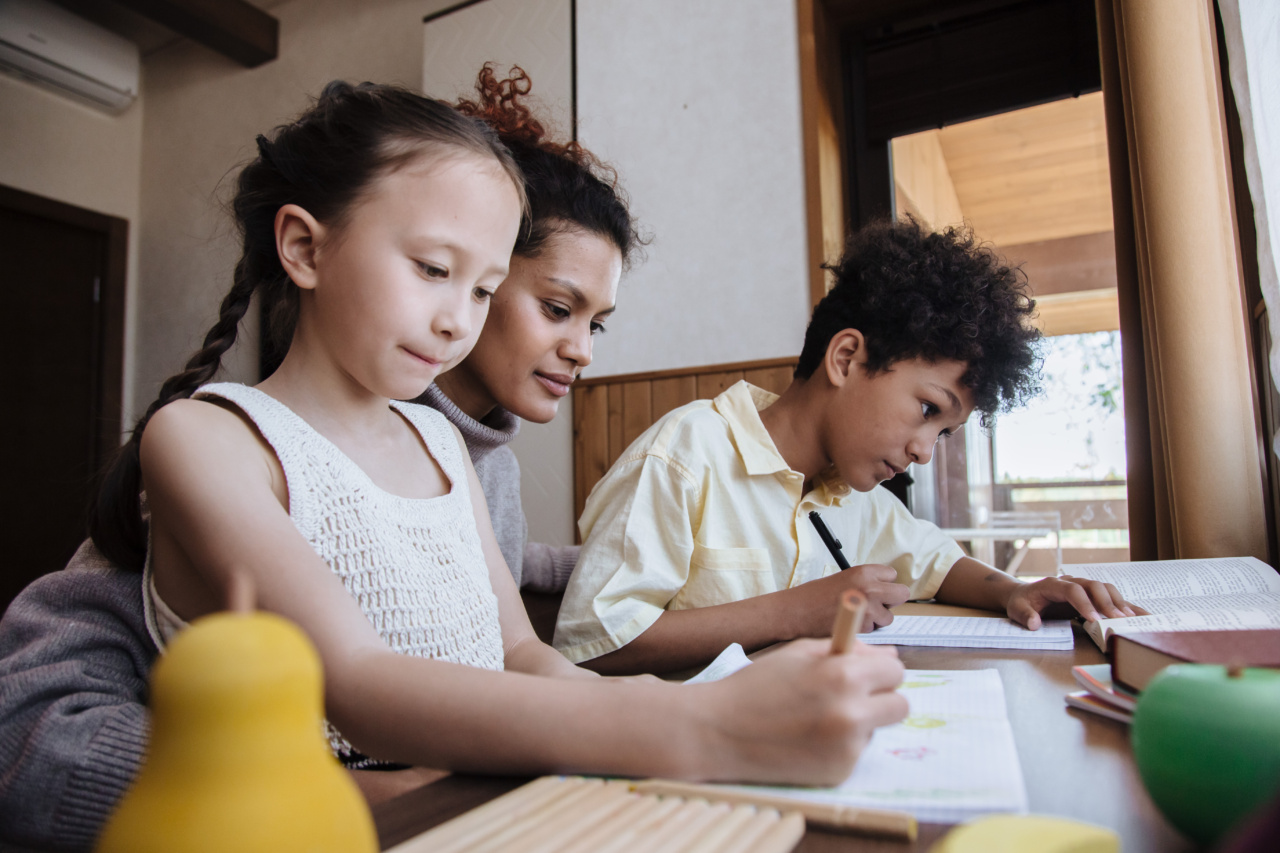Adoption is a wonderful way for families to grow, and it provides a loving home for children who may not have had one otherwise. However, for many children, adoption comes at a cost.
Those who spend time in institutional care before being adopted may face a number of challenges that can impact their development and well-being. In this article, we’ll explore the impact that institutional care can have on adoptive children.
What is institutional care?
Institutional care refers to the care of children in orphanages, child welfare centers, or other types of residential facilities.
Children living in institutional care usually have a limited number of caregivers who are responsible for meeting their needs on a daily basis.
How does institutional care affect adoptive children?
Children who spend time in institutional care may face a number of challenges that can impact their development and well-being. These include:.
Poor physical health
Children in institutional care often do not receive the same level of medical attention and nutrition as those in a family setting. They may also be exposed to illness and diseases that can lead to long-term health problems.
Delayed development
Children in institutional care may not receive the same level of stimulation and interaction that they would in a family setting. This can lead to delays in cognitive, emotional, and social development.
Attachment issues
Children in institutional care may struggle with forming attachments to caregivers and others. They may have difficulty forming trusting relationships, which can impact their ability to form healthy relationships later in life.
Behavioral problems
Children in institutional care may exhibit behavioral problems such as aggression, defiance, and difficulty with authority figures.
These behaviors may be a result of the institutional setting, where there are limited opportunities for individual attention and positive reinforcement.
Adopting children from institutional care
Adopting a child from institutional care requires special considerations.
It is important to understand the potential challenges that these children may face and to have appropriate resources and support in place to help them adjust to their new family setting.
Therapy and support services
Many children who have spent time in institutional care benefit from therapy and other support services to help them process their experiences and overcome challenges. Adoptive families should be prepared to provide these resources as needed.
Patience and understanding
Adoptive families must approach the adoption process with patience and understanding. Children who have spent time in institutional care may require more time to adjust to their new family than children who have not had that experience.
Parents should be prepared to provide plenty of love, support, and understanding throughout the adoption and adjustment process.
Conclusion
Adopting a child from institutional care can be a wonderful way to grow your family and provide a loving home to a child in need.
However, it is important to understand the potential challenges that these children may face and to have appropriate resources and support in place to help them adjust to their new family. With patience, understanding, and access to therapy and other support services, adoptive families can help their children overcome the challenges of institutional care and thrive in their new homes.






























